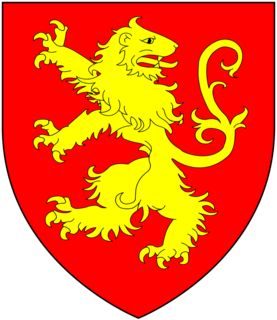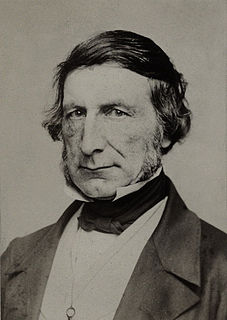This page is based on this
Wikipedia article Text is available under the
CC BY-SA 4.0 license; additional terms may apply.
Images, videos and audio are available under their respective licenses.
George Lewis may refer to:

Sir William Morice, 1st Baronet, of Werrington, was an English Member of Parliament.

Charles Wolfran Cornwall was a British politician who sat in the House of Commons from 1768 to 1789. He was Speaker of the House of Commons from 1780 to 1789.

Sir Thomas Frankland Lewis, 1st Baronet was a British Poor Law Commissioner and moderate Tory MP.
Henry Fleming Lea Devereux, 14th Viscount Hereford PC was a British Tory politician. He served as Captain of the Honourable Corps of Gentlemen-at-Arms between 1827 and 1830 and again between 1834 and 1835.
Sir William Duff-Gordon, 2nd Baronet, known as William Gordon until 1815, was a Scottish politician.

Sir George Amyand, 1st Baronet was a British Whig politician, physician and merchant.
Thomas Wiliam Chester-Master was an English Conservative politician who sat in the House of Commons from 1878 to 1885.

Sir Reginald Mohun, 1st Baronet (1564–1639) of Boconnoc in Cornwall, was a prominent member of the gentry of Cornwall and an MP.
Sir Thomas Cornwall (1468–1537) was the 8th feudal baron of Burford. He was knighted in 1497.
Richard Cornwall was an English politician.

Velters Cornewall was an English politician.

Captain Frederick Cornewall was an officer in the British Royal Navy.
Vice Admiral Charles Cornewall or Cornwall, of Berrington, Herefordshire, was an officer in the British Royal Navy and politician who sat in the House of Commons between 1709 and 1718.
Sir Robert de Cornwall was a British member of parliament.
Humphrey Cornewall (1616–1688) was an English member of parliament.









